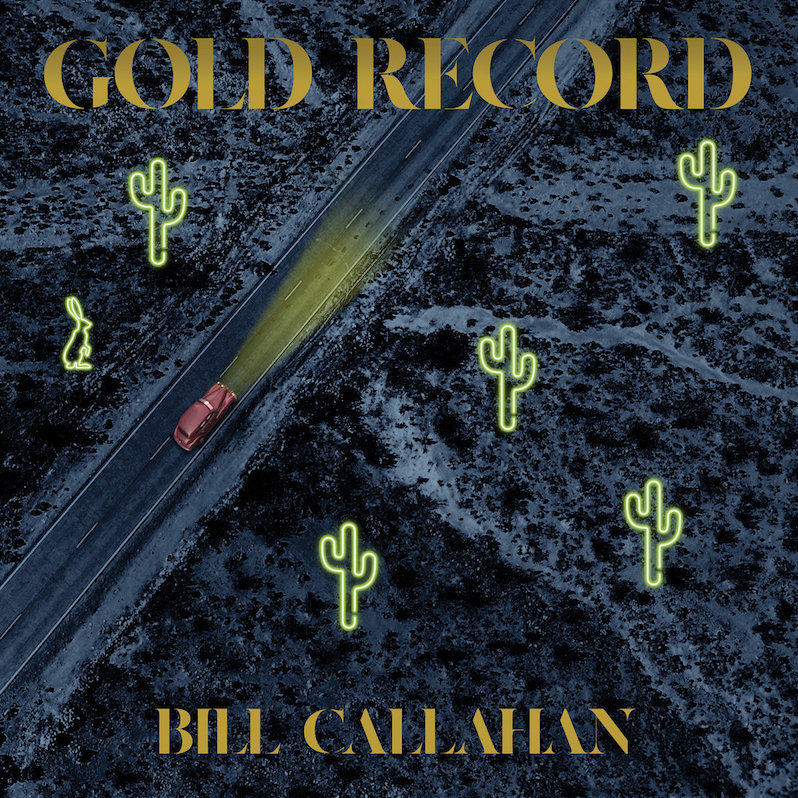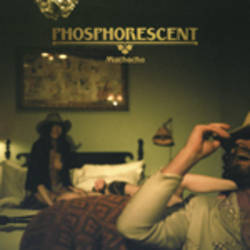Lambchop : Showtunes

The most pleasant thing about Lambchop at this point in his career is how effortless it all seems. Once, years ago, when they were younger and Kurt Wagner’s songwriting and performance idiom less deeply internalized by the alternative and art music world, these types of compositions felt fussed over and deliberate, lovely and evocative by how thoroughly realized they were in the face of a world that seemed interested in very different musical shapes. They always fused little experimental quirks to the body of country-leaning singer/songwriter music like that of Burt Bacharach, Elton John, Randy Newman and Bruce Hornsby, but in the ’90s to 2000s this felt like a much more serious and deliberate break with the active styles of the time. Once they were prolific, releasing nearly a record a year from their inception in 1994 until 2004. Then, time slowed things; the space between records shot up to an average of four years, a pattern that stayed steady for over a decade. But recently, the dam seems to have burst again. Showtunes is Lambchop’s third record in as many years, a set which flows with unwavering ease, the musical accompaniment to Wagner’s wandering thoughts and Brautigen-esque observations coming seemingly as natural as breath or the gentle ease of wind in summer.
Showtunes is a break from the more obvious experimentalism of This (Is What I Wanted To Tell You) and Trip, largely focusing on MIDI piano, double bass and brass creating a gentle organic cloud like smoke or the gestures of open mountain air behind the half-ramble of the singing. There are still moments of those previous records present here, however; the same vocoder-driven vocal aesthetic Bon Iver pioneered before handing off to figures like Bruce Hornsby and Low makes its presence here as before on This, while avant-garde texturalism from Trip dapples a few of the songs. By and large, however, Showtunes has more in common with contemporary Nick Cave than with Lambchop’s immediately previous material, albeit a light to that profound darkness. Where Cave wields these kinds of spacious country-jazz arrangements to stoke the midnight fires of lurking dread, Lambchop feels often instead like an observing poet, lightly drunk and lips fresh with the wisdom of Dionysus, the kind of wisdom only a bard can bring to bear. These types of country songs work best when not overworked, or at least obscuring adequately the work behind them; these are songs of the casual but real wisdom of time and the body, not the cerebralisms of the ivory tower but the buddha on the road, the farmer and fisherman and father who over decades learns first how to answer and then to instead relish the mysteries of the questions of life.
The sense of difficulty conveyed in these songs lyrically never overwhelms the sense of calm and ease present musically. At all times, the message of Lambchop seems to be to observe and be patient, to have faith, to be diligent. This is distinct from the likewise breeziness of Steely Dan, who take a much more cynical and arch stance, and similarly distinct from the gloomy portentousness of the aforementioned Nick Cave. The only person who really comes close to this measure is Sun Kil Moon, but on manners both personal and musical (not to mention ethical) fail to live up to the real and earned sense of natural wisdom at play here. This is the tricky element at the core of great country music. The age of the performer doesn’t matter so much, but there must be an earthiness, Odin disguised as the weary old man traveling from bar to bar. Country is driven by this figure, answering questions elliptically or with rambling stories that don’t seem to have immediate relevance but over time reveal themselves to capture far more of the contours of our question than the question itself ever did. There is a proletariat sagacity here; even when the music is tinged by the avant-garde, it is wielded toward country and not against it, showing to us naysayers that country is as formally powerful and polymorphic as we sometimes portend only electronic music or punk or hip-hop or other critically-confirmed genre spaces to be. Like Willie Nelson, Lambchop show without pretense or pageantry that country-jazz can capably enjoin and be enjoined with any color under the sun.
It is sadly hard to imagine this record piercing the lists of many critics come the end of the year. It is, like Bruce Hornsby’s latest before it, almost too casual, a masterclass in songwriting that is so naturally an extension of its primary writer well into a career as an artist that there simply is no more profound drive to impress itself upon the broader world. There is a sense at play that Lambchop wouldn’t be heartbroken if no one heard these songs at all; they feel necessary to be made, but like the thoughts of the aging poet, tempered by an understanding of the size of the world of art to not need massive attention to be validated. Instead these songs sit in their gentle sadness, the complex wistfulness of age tingeing these confessions and ponderings. It is not that death is on the immediate horizon, but the gentle pressure of age seems to exert itself on Showtunes. There is a gravitas and subtle weight, like a grandfather trying to communicate himself to his grandchildren so they might know his story not as some distant familial figure but as a man, a human embedded in time.
Label: Merge
Year: 2021
Similar Albums:
Langdon Hickman is listening to progressive rock and death metal. He currently resides in Virginia with his partner and their two pets.




